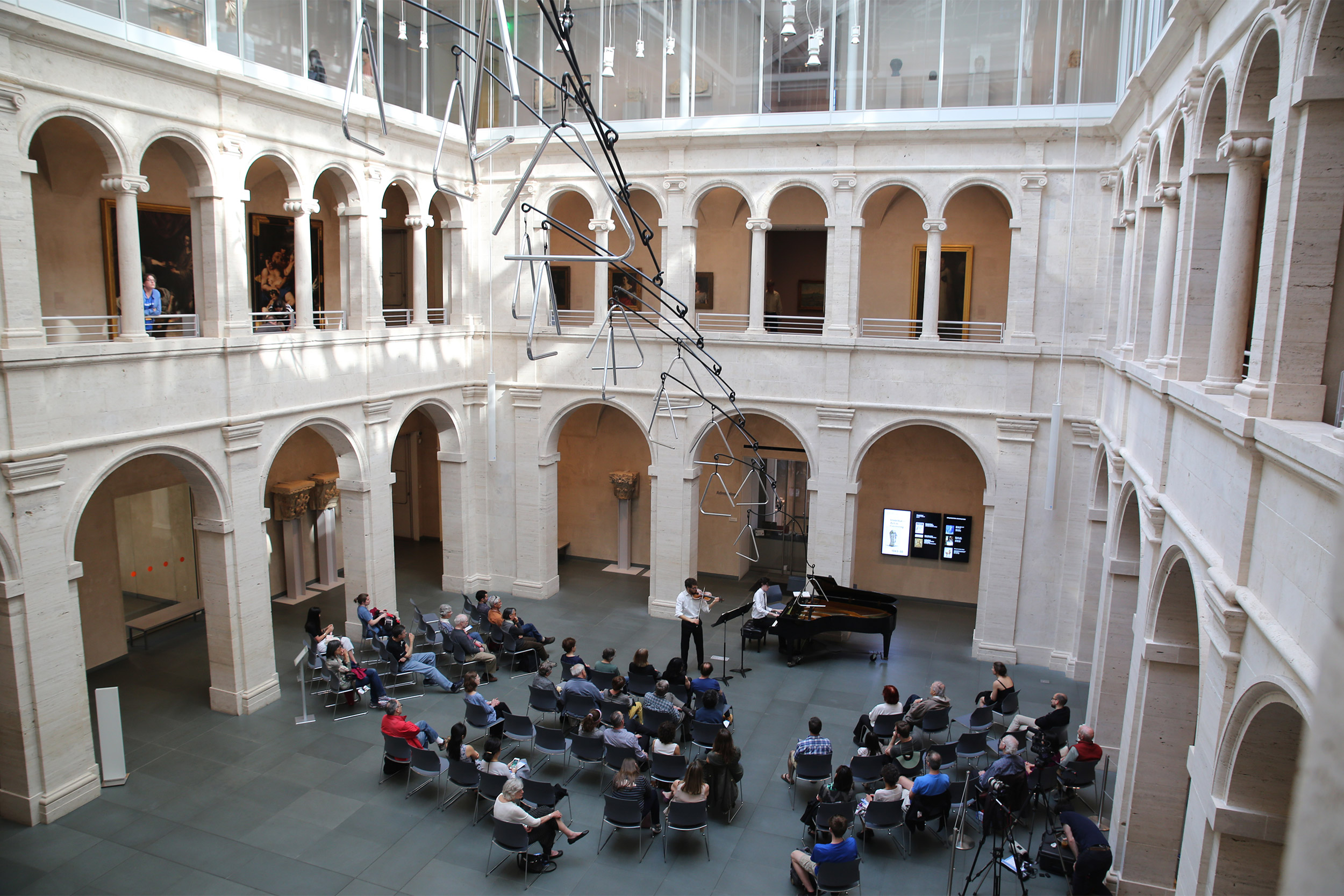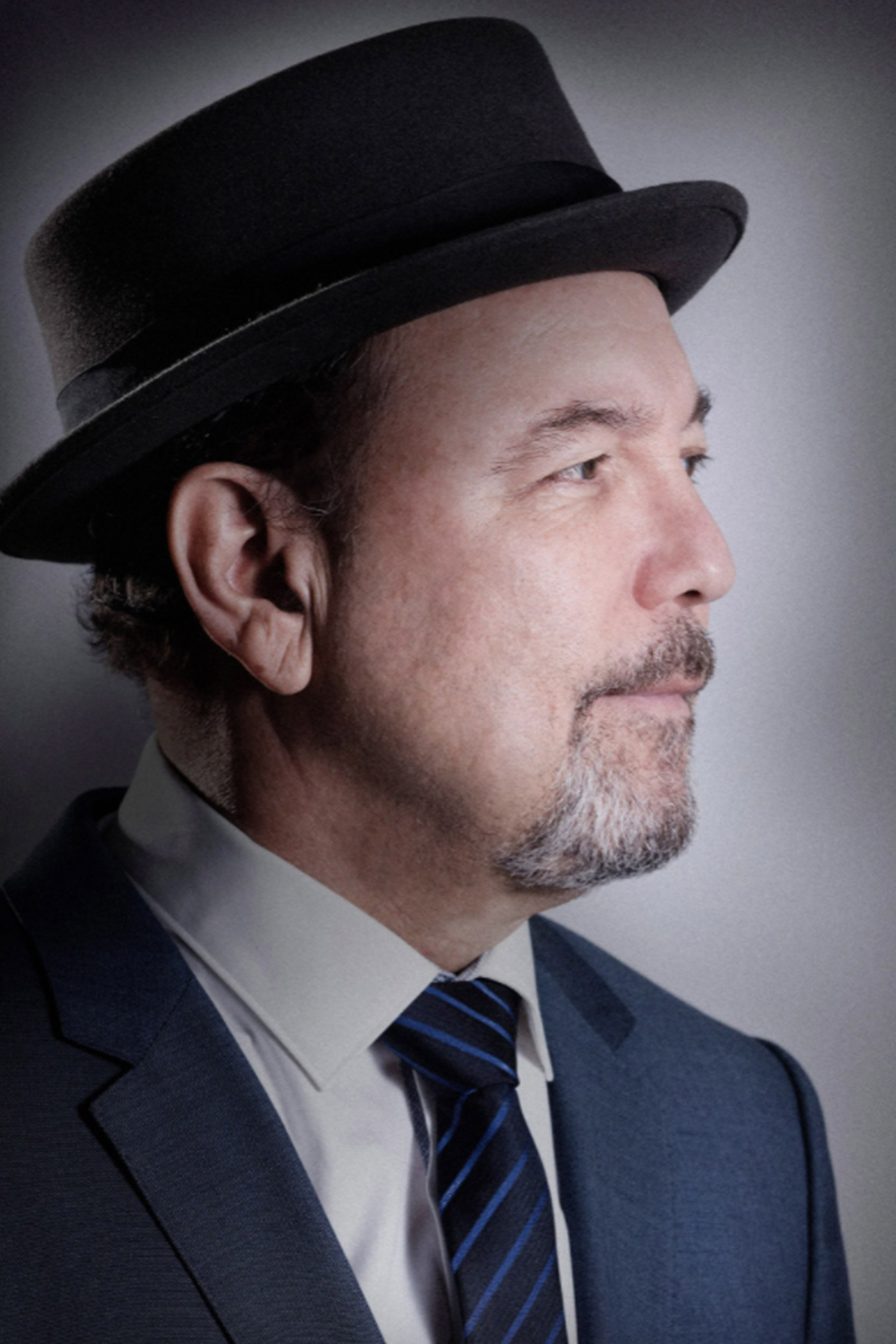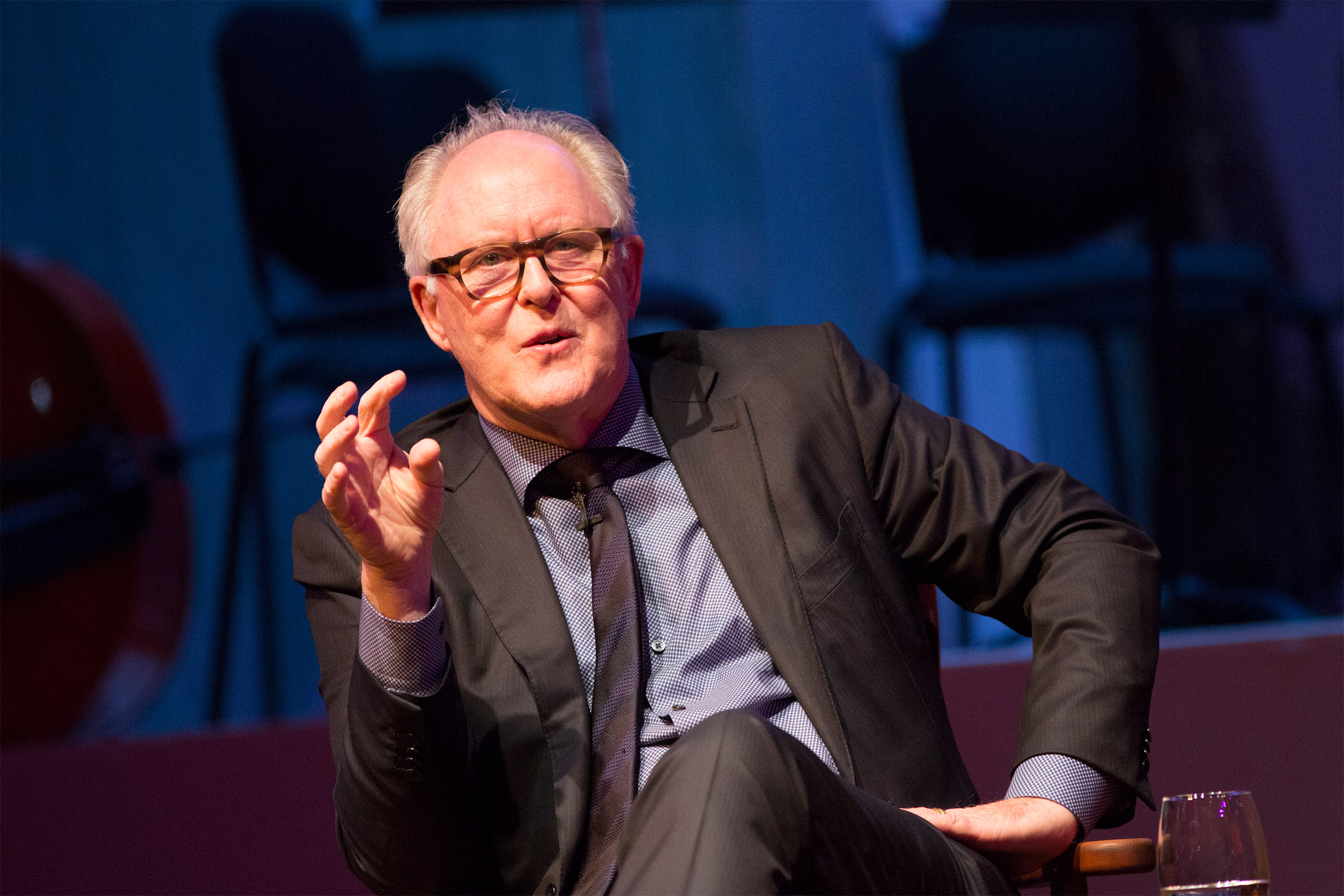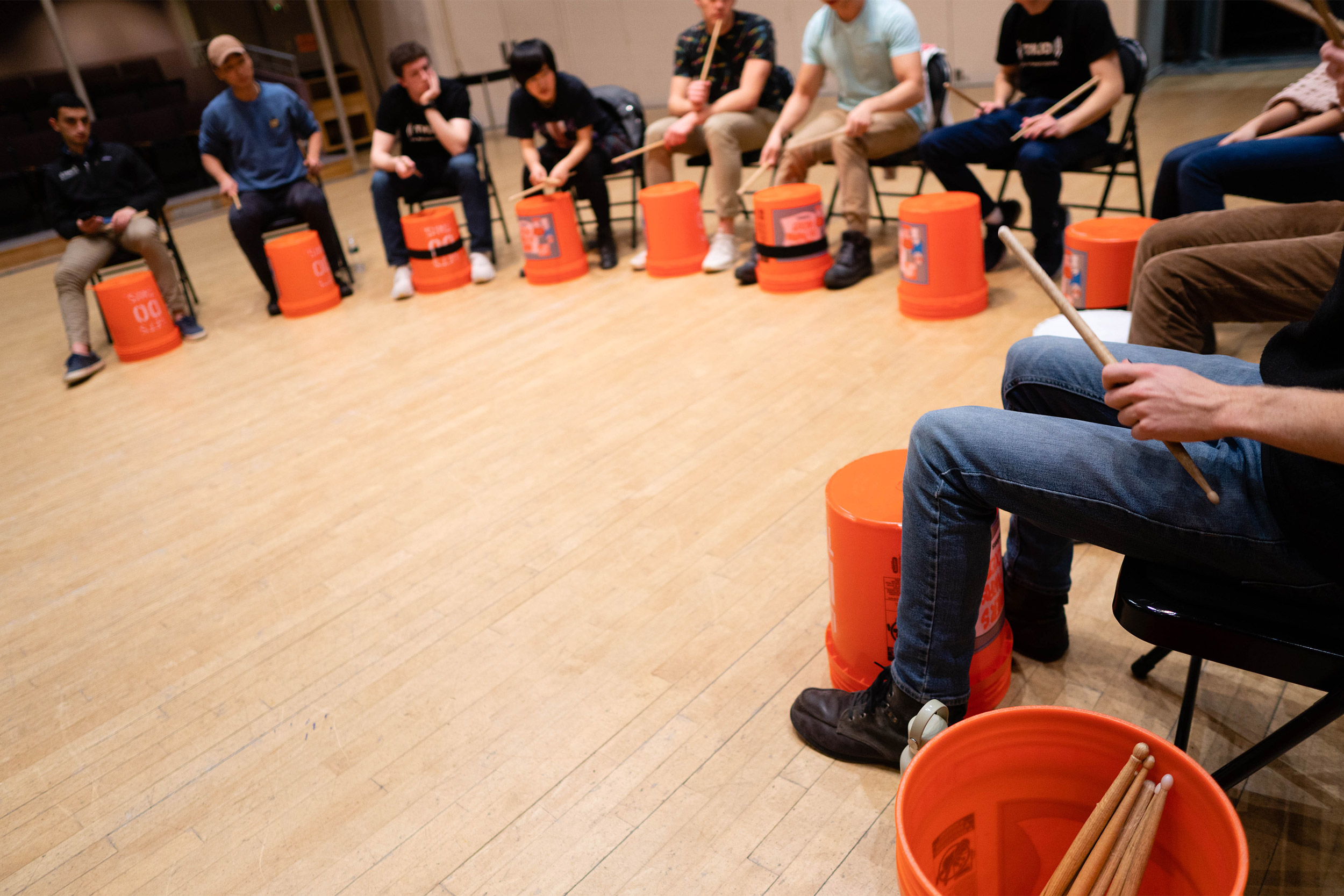
Arts First will present an afternoon of student performances in the Calderwood Courtyard, Harvard Art Museums, 1-5 p.m. Saturday.
Photo by R. Leopoldina Torres
Drum roll: Arts First returns live
Annual festival of campus creativity to feature theater, dance, music, spoken word, interactive art over 4 days
Returning live to the Harvard campus for the first time in three years, Arts First is going big with in-person, hybrid, and livestreamed events at multiple venues over four days, April 28 through May 1.
Harvard’s annual arts festival will feature theater, dance, music, and spoken-word performances, along with interactive public art. The Harvard Art Museums also will kick off its inaugural monthly Harvard Art Museums at Night during the festival, on April 28. On the last Thursday of each month (holidays permitting), the museum drops its admissions charge for visitors from 5 to 9 p.m., with entertainment from DJs, musicians, and makers, and refreshments available for purchase from Jenny’s Café.
Arts First, which was held virtually the last two years, will kick off with the presentation of the 2022 Harvard Arts Medal to renowned musician, actor, and politician Rubén Blades, LL.M. ’85. The luminary of the salsa movement — who originally was going to be honored at the 2020 and then the 2021 festivals — will be featured in conversation with John Lithgow ’67, Art.D. ’05, in a ticketed event in Sanders Theatre.
“This year’s Arts First Festival has special meaning for us — particularly as we come into the season of spring and renewal,” said Jack Megan, director of the Office for the Arts and producer of the event. “During the period of remote learning, our students’ creative drive could not be slowed. It sparked an abundance of online art-making that lifted spirits and sustained a sense of community.


Rubén Blades and John Lithgow will share the Sanders Theatre stage Thursday night for the Arts Medal presentation.
Photo by Luis Carlos García; Jon Chase/Harvard file photo
“But there truly is nothing like the energy of the on-campus festival — the explosion of creativity in our concert halls, on indoor and outdoor stages, and in our studios. It’s a celebration of our oneness in its infinitely rich and varied ways. It’s also a chance to welcome back countless Boston and Cambridge neighbors who make Arts First an annual rite of spring. I think of it as the best four days of the year.”
A centerpiece of the festival, said Megan, is Saturday’s performance fair. Launching on the Arts on the Plaza tent on the Science Center Plaza at 11:30 a.m., the fair will open with a musical mash-up collaboration between The Harvard Undergraduate Drummers (THUD) and Harvard College Opera. At 12:30 p.m., Lithgow will offer welcoming remarks for the showcase, which takes place across 10 stages from the Sever Quad to the Smith Center, Paine Hall to the Holden Chapel, and beyond. With a new performance every half hour, this student-centered celebration will present approximately 100 performances before it wraps up at 5 p.m.

A musical mash-up collaboration between The Harvard Undergraduate Drummers and Harvard College Opera will be at the Science Center Plaza at 11:30 a.m. Saturday.
File photo by Sophie Park
All through the weekend, Arts First will celebrate the diversity of Harvard’s campus creators. “In Our Own Words” at noon Sunday, for example, will elevate the lived experience of the Harvard Asian diaspora by sharing first-person narratives. In her contribution, Equity and Inclusion Fellow Leah Porter, who will leave the Graduate School of Education with a master’s this year, will tell of striving to be her multifaceted “authentic self” at Harvard. Noting that Asians are often stereotyped as a privileged “model minority,” Porter will share stories about the poverty and discrimination she faced as an immigrant from Malaysia and a mother.
“In the end, I want this story to encourage other women — especially other moms and first-generation students — to keep on pushing so that they too can have this opportunity and have success,” said Porter.
Vidya Sivan, a Harvard Kennedy School communications specialist, will talk about the tendency of white people to see all brown and Black people as a monolith. Growing up as “a brown person in Minnesota,” she experienced the “casual racism” that not only lumped together people from different Asian nations but also homogenized their foods, such as “curry,” into one dish. The daughter of emigrants from India, Sivan recalled her mother’s many variations on a potato curry alone. “‘Curry spice’ is not a thing,” she said, laughing.
Throughout the festival, five interactive public art pieces will invite visitors to become part of the art. “Self Compass,” for example, will use AI to place viewers in the Yard — and throughout Harvard’s history — from its site by the John Harvard Statue. Using an app (downloadable as “Self Compass” or via a QR code on-site) this pavilion uses mathematics and augmented reality to allow users to see the Yard as it was 100 years ago, while the translucent fabric stretched on the structure’s arching timber ribs also gives framed views of the Yard today. As the app places users in these scenes, viewers can examine their roles “within the Harvard community and the wider community,” said George Guida, a ’22 master’s student at GSD, co-lead artist with Ana Gabriela Loayza, a ’21 alumna of GSD.
“It’s a way of engaging with history today and history and Harvard’s past,” said Guida, who shares credit with Jeff Stevens, Thomas Kuei, Taeyong Kim, all of whom will graduate from GSD this year, and Garvin Goepel, who is a Ph.D. student at the Chinese University of Hong Kong. “What was Harvard a hundred years ago? How did that look?”
“Self Compass” also takes into consideration our changing contemporary reality, says Guida, asking, “How can the digital space make us think differently about our physical space?” Ultimately, as viewers across the Harvard community see themselves interacting with the Yard past and present, the piece’s scope takes on a more philosophical tone. “How can we move forward in a positive way through inclusion and equity?” Guida asks.
For the full schedule of events.




